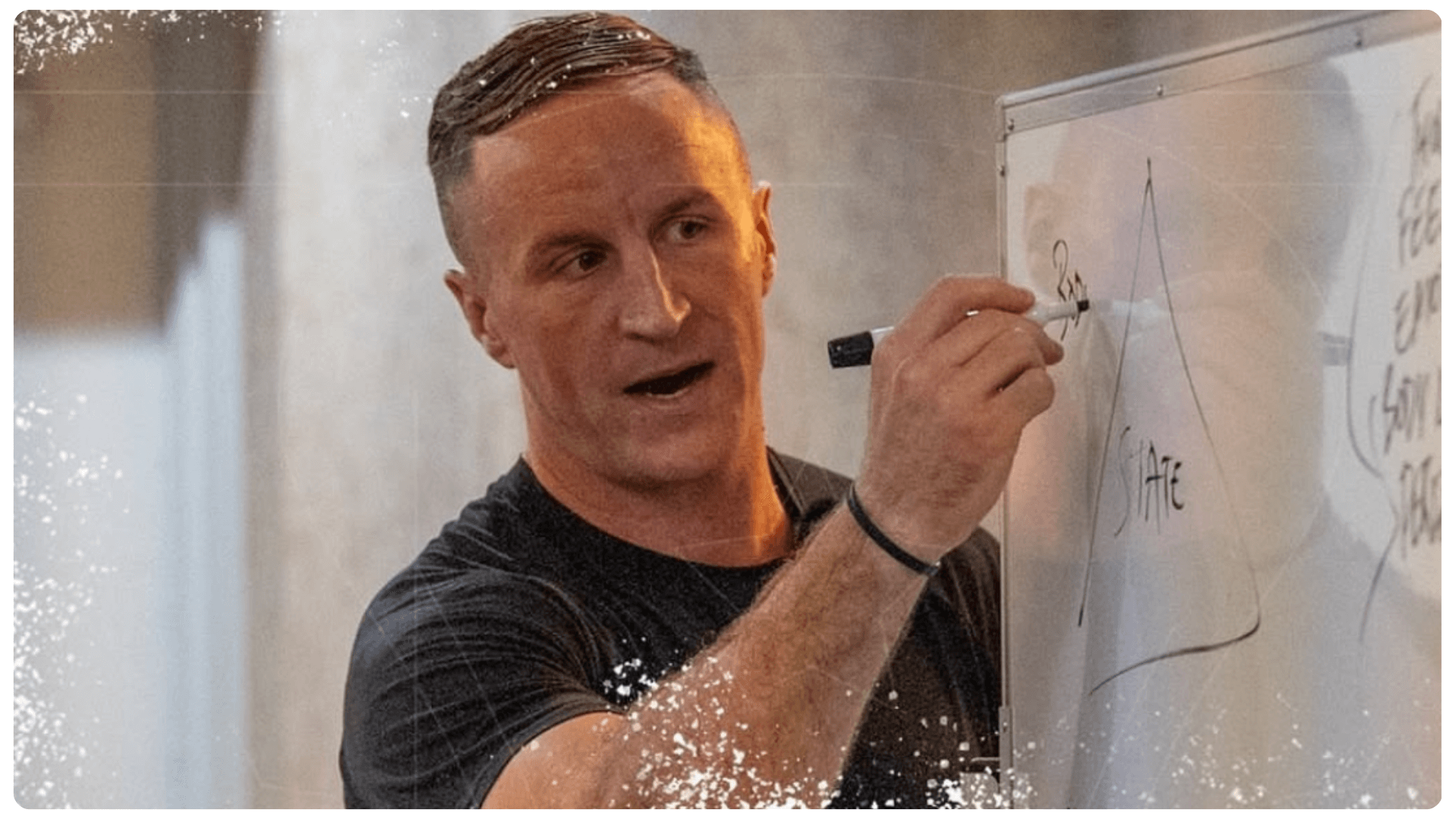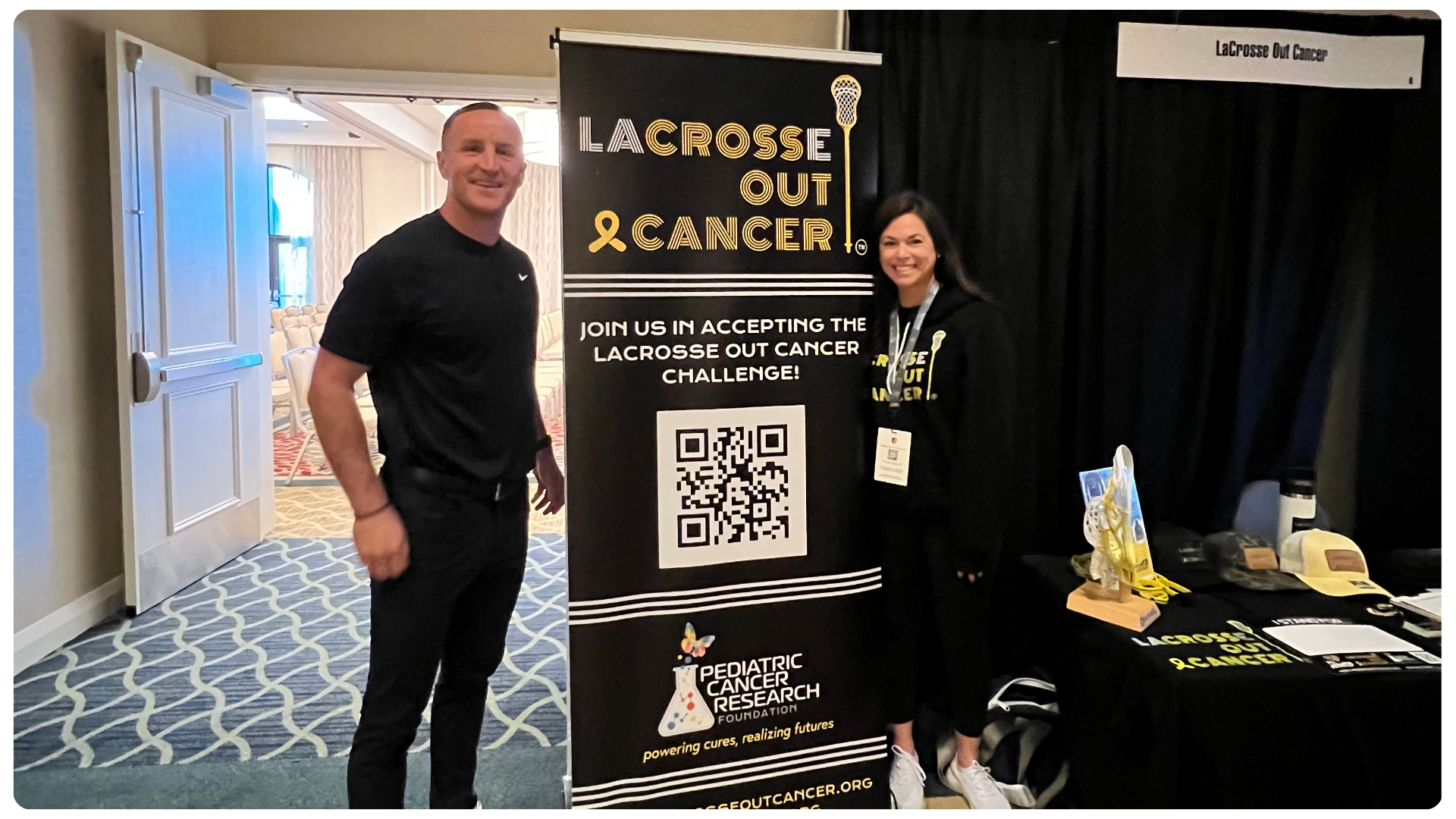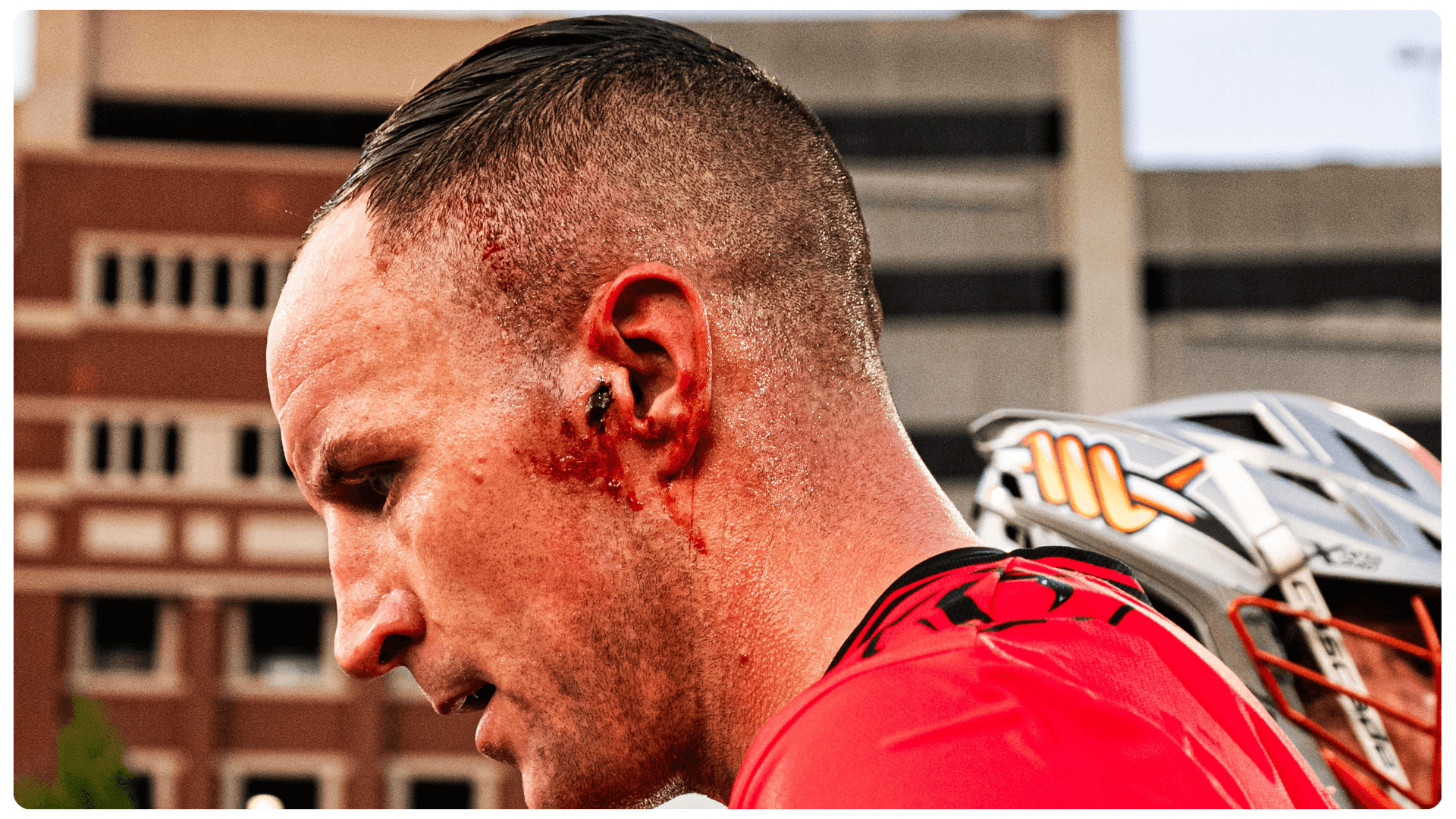To Be Great, Regulate
Our personality creates our personal reality. What we value determines how we act. Rather than reacting to the world around us based on pure emotion,...

Will we take the pill or master the skill?
Leaders catalyze themselves and others through a healthy DOSE: Dopamine, Oxytocin, Serotonin, Endorphins.
Dopamine, which will be the main focus of this article, provides expectancy. Its purpose is to incentivize us toward a specific reward. Rather than the pursuit of happiness, dopamine revolves around happiness of the pursuit. It gives us reckless confidence. It motivates us to move. It regulates our pain-pleasure system. Leaders delay gratification, frequently fast from short-term satisfactions, and pursue their purposes for decades.
Oxytocin is known as the love chemical. It’s released by the brain when we feel connected to another beating heart. It enhances empathic energy. It bonds people together by providing an internal feeling of trust. Anything from a touching story to physical touch releases oxytocin into the bloodstream like kayaks on white water rapids. Leaders consistently communicate and deeply connect with like-minded advisors, followers, and partners to create inspiring senses of belonging.
Serotonin tracks status. Known as the mood stabilizer, this chemical messenger staves off negative moods by providing a person with the feeling of appropriate, desirable standing in society. Without it, we depress. With it, we perceive ourselves as safe, worthy, and self-confident. Leaders constantly aim upward and act in accordance with their values; in turn, they rise… bringing loyal communities higher with them.
Endorphins are natural painkillers. We feel feelings of euphoric relief when they are in our veins. They combat stress. They mitigate pain. Exercise is one of the main ways to trigger their release within our brains and throughout our bodies. Without them, our stress would metastasize into deep distress. With them, moderate to severe stress becomes manageable. Leaders take on stress-filled endeavors intentionally to strengthen themselves and to protect others.
However, dosage matters. Those who select hedonic pleasures above all else deplete his or her motivation to seriously sacrifice, seek, and strive. Physical, emotional, and spiritual vices from nonstop delights juxtapose holistic resilience via discipline.
In the best-selling book titled Dopamine Nation: Finding Balance in the Age of Indulgence, Dr. Anna Lembke sheds like on how pain and pleasure are balanced evenly by dopamine. For survival reasons, when a pitfall occurs, dopamine motivates us to take action. Conversely, when we experience an elated rush, dopamine recalibrates through what feels like a hangover. In a society full of never-ending temptations, appeasements, and indulgent pleasures… all that’s left to feel is pain. What kind of pain? Pain that’s manifesting in skyrocketing amounts of anxiety, depression, and general unease.
Lembke urgently exclaims:
“Because we’ve transformed the world from a place of scarcity to a place of overwhelming abundance: Drugs, food, news, gambling, shopping, gaming, texting, sexting, Facebooking, Instagramming, YouTubing, tweeting … the increased numbers, variety, and potency of highly rewarding stimuli today is staggering. The smartphone is the modern-day hypodermic needle, delivering digital dopamine 24/7 for a wired generation… The reason we’re all so miserable may be because we’re working so hard to avoid being miserable… With prolonged and repeated exposure to pleasurable stimuli, our capacity to tolerate pain decreases, and our threshold for experiencing pleasure increases… The paradox is that hedonism, the pursuit of pleasure for its own sake, leads to anhedonia, which is the inability to enjoy pleasure of any kind… We’re all running from pain. Some of us take pills. Some of us couch surf while binge-watching Netflix. Some of us read romance novels. We’ll do almost anything to distract ourselves from ourselves. Yet all this trying to insulate ourselves from pain seems only to have made our pain worse… I urge you to find a way to immerse yourself fully in the life that you’ve been given. To stop running from whatever you’re trying to escape, and instead to stop, and turn, and face whatever it is. Then I dare you to walk toward it. In this way, the world may reveal itself to you as something magical and awe-inspiring that does not require escape. Instead, the world may become something worth paying attention to.”
These insightful, research-backed statements and calls to action are serious warning signs against being modern-day Peter Pans. We must mature, regardless of age, by sacrificing what we want now for what we want most, more often. Are we able to be abstinent from a fixation for at least one month, through withdrawal, to reset our dopamine levels? Would we engage in fasting of any kind so greater amounts of voluntary sacrifice replace involuntary pains? How deep of a happiness could we experience if we stopped the no-work quick hits for the workout, the worthwhile journey towards promotion, and the everyday mundane exercises for future championships?
Less time on spent fixations leads to more time invested with family and friends → oxytocin.
Raising our work ethic increases the probability of advancement, promotion, and winning → serotonin.
Doing something difficult daily enhances our defenses against life’s uncontrollable aches, sufferings, and tragedies → endorphins.
Here are ways to return to the meaningful pursuits — mastering worthwhile skills along our life’s journeys:
Engage in abstinence from stimuli we may overuse
Limit exposure to pleasure-filled environments
Embrace healthy discomfort such as exercise, cold exposure, and or fasting
Take time for honest reflection, radical transparency, and self-awareness
Connect and reconnect with like-minded and like-valued individuals and communities
Practice mindfulness, observing ourselves with curiosity rather than judgment
Set longer term goals, tied to overarching purpose, plus an action plan to achieve them
Talk to a trusted loved one about temptations for accountability, understanding, and bond
Invest more time in nature
Actively pursue spirituality through religious ceremonies, prayer, mediation, or gratitude
Adversity precedes resiliency.
Reset your internal and external environment so they support your goals.
Choose your hard, and then pursue it with your whole heart.
— MG
Mark was born and raised in New Jersey where he became an elite high school student-athlete. He earned varsity letters as captain of his high school football, basketball and lacrosse teams and was elected into the National & Spanish National Honor Societies. He attended a post-graduate academic program at Deerfield Academy in Deerfield, MA before college where he earned his Bachelor of Arts degree in Economics from Yale University in New Haven, CT. He is currently a graduate student working toward his doctorate degree in Sport & Performance Psychology at San Diego University for Integrative Studies under Dr. Cristina Versari, Founder & CEO of SDUIS and former Head of Sport Psychology for the National Basketball Association. He is a Teaching Associate with Dr. Robert Gilbert, a Professor at Montclair State University (NJ) and a leading authority and author in the field of Applied Sport Psychology. Mark is currently the lead Mental Health & Wellness Player Advocate for the Premier Lacrosse League.
Mark is a Certified Fitness Trainer, Nutritionist, and Mental Performance Coach. He is currently pursuing a graduate degree in Sport & Performance Psychology at the San Diego University for Integrative Studies.
At Mark Glicini Peak Performance, we recognize that physical health reflects mental health. We study how intention drives behavior and emphasize that true peak performance requires an integrative approach—mind, body, and spirit.
As the Mark Glicini Meaningful Growth Foundation embarks on a journey of endurance and togetherness against the trials and tribulations brought upon by cancer, I state: every inch of my heart is in this.
Like so many, cancer has had a profound impact on my life. It took the lives of my grandfather and uncle before I was born. For years starting in 2011, I stood by my mother’s side as she battled and overcame lymphoma. Her fortitude, unwavering support from loved ones and God’s will triumphed amid extreme adversity.
Although we have not and may not win every fight, we will relentlessly strive to make an individual’s growth meaningful and to ensure his or her family feels cared for and supported. Thank you for your love, God Bless!

Our personality creates our personal reality. What we value determines how we act. Rather than reacting to the world around us based on pure emotion,...

The only reason we experience fear the present is our memory of the past.

There are three levels of commitment: discipline, desire, and devotion.